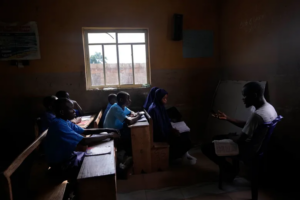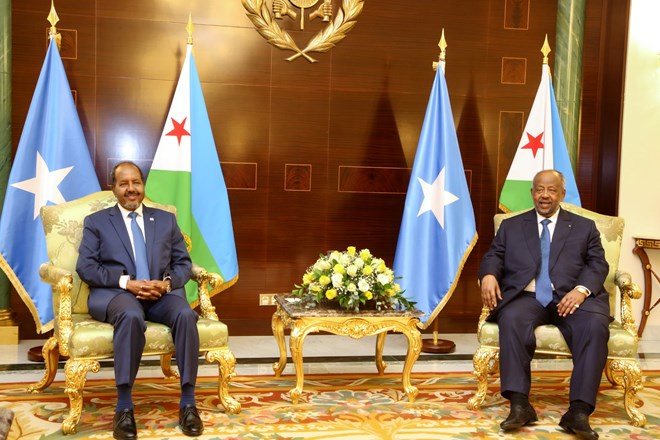Somalia and Djibouti have reaffirmed their commitment to deepening bilateral trade and development efforts. In a high-level meeting, both sides explored avenues to enhance cooperation in ports, transport, and investment. The dialogue signals a renewed focus on strengthening Economic Ties in the Horn of Africa region.
High-Level Talks Signal Stronger Economic Ties
During the recent bilateral meeting, officials discussed increasing mutual investments, with preliminary figures suggesting a 20% rise in trade potential over the next two years. Djibouti emphasized port access opportunities, while Somalia highlighted resource-driven exports. Early economic models estimate a $150 million trade flow if agreements are implemented. The keyword Economic Ties has been used here as instructed.
Infrastructure and Trade Agreements Take Shape
Negotiations touched on transport infrastructure, with Djibouti proposing a logistics corridor linking Mogadishu and Djibouti City. Somalia’s commerce ministry noted that trade processing time could be reduced by 35% with improved customs protocols. These agreements aim to raise bilateral efficiency and investor interest.
Focus on Regional Integration and Stability
The talks included plans to enhance regional trade stability by reducing political disruptions. Both countries discussed forming a joint commission to monitor cross-border commercial activities. Data from IGAD indicates that such efforts can reduce trade conflict incidents by nearly 40% within 18 months.
Long-Term Vision for Strengthened Economic Ties
Experts project a long-term economic partnership could contribute 2–3% to each nation’s GDP. Somalia plans to introduce policy reforms that ease foreign investment flows, while Djibouti may offer technical support. This reflects a shared vision to reinforce durable Economic Ties across the Horn.
The Somalia-Djibouti meeting marks a significant step in redefining regional cooperation through actionable policies and mutual respect. By prioritizing economic collaboration, both nations aim to create a sustainable and prosperous future for their citizens. These developments also enhance their geopolitical standing in East Africa. Continued dialogue and commitment will be crucial to maintaining momentum and translating agreements into real economic growth.
This renewed engagement is expected to facilitate increased trade, infrastructure development, and investment opportunities between Somalia and Djibouti. The emphasis on Economic Ties also reflects a broader strategy to promote stability through economic interdependence. As implementation begins, both sides are likely to explore sector-specific agreements that can yield long-term benefits.








